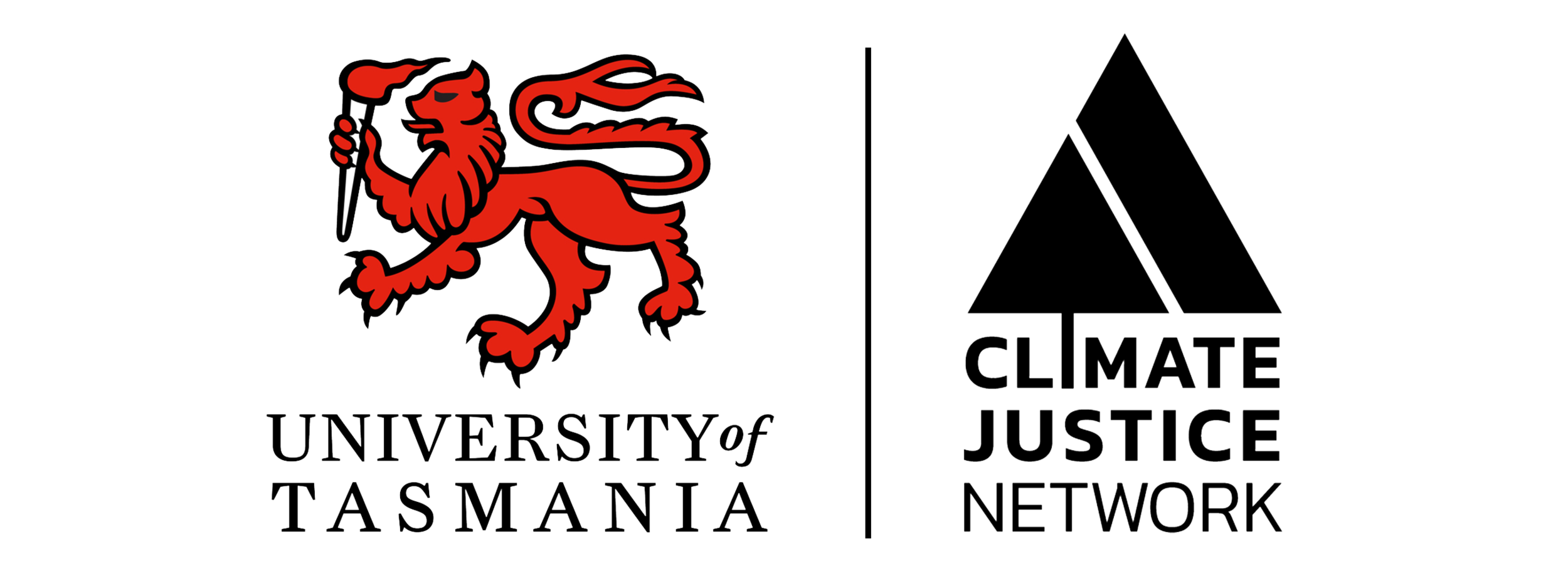Acceptable Pollution and Unacceptable Pollution: Do Burdened Societies Owe Strong Climate Obligations to their Citizens?
Thierry Ngosso (University of St. Gallen, Switzerland) addressed the question Acceptable Pollution and Unacceptable Pollution: Do Burdened Societies Owe Strong Climate Obligations to their Citizens?, considering both the role of luxury and subsistence emissions, as well as what a burdened society is, and how these countries can demonstrate they are willing to become a well-ordered society and to reduce emissions. A burdened society may be defined as one that is willing to become a well-ordered society, but are not able to achieve this objective independently, as they are trapped by what can be considered as historic burdens, such as weak economic structures. The use of ‘burdened society’ terminology versus ‘developing’ terminology is important, as it is less paternalistic, and can put more weight on the individual, rather than the state. In the area of climate justice, obligations at the global level can be determined by calculating emissions, and whether the relevant emissions are luxurious emissions or subsistence emissions. Some argue that it would be unfair for wealthy countries to continue to emit luxury emissions while other countries remain poor. This is not to say that burdened societies have no obligation at all, just that they have a strong obligation to improve the lives of their own people, which often requires some level of emissions. At the same time, some emissions in burdened societies are luxury emissions, and burdened societies should have a strong climate obligation to reduce their own luxury emissions. Additionally, if burdened societies do not do whatever they can to reduce emissions, this can ultimately serve as a barrier to climate justice. A question arises as to whether emissions are luxurious or not. One way to determine this is to see which emissions are acceptable, as people need them to live a reasonable life, and which are not needed and thus unacceptable. However, using this acceptable and unacceptable distinction is more of a political than a moral decision, and it is known that most political communities have highly divided ideas. Alternatively, the simple distinction could be used of emissions that either can or cannot be avoided to live. This is less likely to be politically influenced and emphasises individual responsibility. Burdened societies should do what they can do to reduce luxury emissions. However, because of their relatively weak situation, they should be helped by well-ordered countries. This help should, in turn, be based on the burdened society seeking to become a more well-ordered society, which can be demonstrated in many ways. For example, many burdened societies rely heavily on natural resources. Reigning in natural resource use, increasing taxes, and becoming more vigilant in how taxes are used can have economic benefits while changing relationship between rulers and citizens, and making decision-making more accountable.
This talk was held at:
Imagining a Different Future
Climate Justice Conference
The University of Tasmania with the support of the University of Utrecht Ethics Institute hosted a multidisciplinary conference examining the barriers to responding to climate change, implementing climate justice, and proposing ways forward. Among the keynote speakers were Law Faculty Professors Jan McDonald and Ben Richardson. The Law Faculty's Dr Peter Lawrence co-convened the conference with Jan Linehan. The conference took place in Hobart from 8-9 Feb 2018.
Despite the Paris Agreement, there are real concerns the prevailing neoliberal economic and political model, particularly with the move to more insular, nationalistic, fragile politics, cannot respond effectively to climate change and excludes key considerations such as ethics and justice. Videos and Podcasts from the conference are available on the Knowledge Hub.
